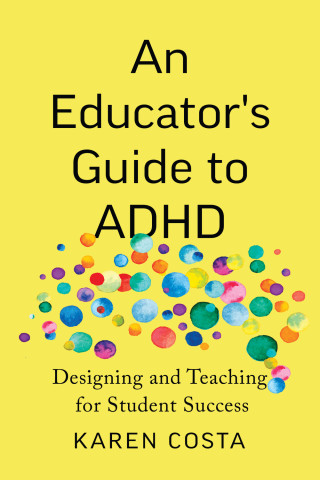
Reviews
Written for the medical student and the psychiatric resident and the psychology and social work intern. For those readers, it is a masterly summary of what we know about the normal brain, and how it goes awry.
A masterly summary of what we know about the normal brain, and how it goes awry.
Trouble in Mind is rich with ideas and I think that it will become a classic of non-mainstream psychiatric thinking.
MacKinnon is a wonderful guide and interpreter... an excellent resource for new trainees, and experienced clinicians.
Dean MacKinnon has written an ambitious book for psychiatrists and psychologists, and indeed for the interested general reader. Most texts that address normal brain function keep it compartmentalized in separate chapters (often written by separate authors) from theories of psychopathology. Such texts almost never take on the risky project of connecting neurobiology with concepts of mind. MacKinnon has made rich connections that will fire the imagination of clinicians, giving them a way to situate human experience in the function and malfunction of our brains.
Dr. MacKinnon's thoughtful and provocative book begins with the premise that 'psychiatry has no coherent concept of mind' and that the orthodox approach to psychiatric diagnosis neglects the nature of mind and mental illness. As an alternative to the superficial symptom checklists of the DSMs, MacKinnon provides a richly detailed model for understanding both our mental life and its breakdown in various forms of mental illness. By conceptualizing 'mind' as a function of brain, MacKinnon is able to present a compelling and systematic account of our mental life, in both health and disease. He gives due weight to both biological and humanistic modes of explaining psychiatric illness, and his book will greatly enrich the understanding of trainees and seasoned clinicians alike.
Book Details
Preface
Acknowledgments
1. Organic Mind
1.1. Why Mind Matters
1.2. A Brain Primer
1.3. Summary: Organic Mind
2. Elementary Mind
2.1. Not Shaken, Stirred: Inappropriate Arousal
2.2. Sate Ain't So: Immoderate
Preface
Acknowledgments
1. Organic Mind
1.1. Why Mind Matters
1.2. A Brain Primer
1.3. Summary: Organic Mind
2. Elementary Mind
2.1. Not Shaken, Stirred: Inappropriate Arousal
2.2. Sate Ain't So: Immoderate Appetites
2.3. Sense Insensibility: Misperceptions
2.4. Nominal Anomaly: Confounded Cognition
2.5. Inaction in Action: Motion Sickness
2.6. Order Disorder: Dysregulated Actions
2.7. Summary: Elementary Mind
3. Integral Mind
3.1. Off -Track Vetting: Disrupted Attention
3.2. Forget-Me-Not, Not: Faulty Memory
3.3. Stark, Craving Mad: Bad Habits
3.4. Executive Bummery: Value Misjudgment
3.5. You Can't Always Want What You Get: Emotional Miscue
3.6. Displeasure Principle: Displaced Desire
3.7. Fear Factory: Hyperactive Alarm
3.8. Summary: Integral Mind
4. Synthetic Mind
4.1. Leaning Disability: Unbalanced Bias
4.2. Veer Goggles: Personality Non Grata
4.3. Cardinal Knowledge: Beyond Belief
4.4. No Thyself: Misshapen Identity
4.5. Quid Pro Woe: Cooperative Contretemps
4.6. Piece of Mind: Communicatino Breakdown
4.7. Social Insecurity: Dissaffiliation
4.8. Complain Speaking: Help-Seeking Misbehavior
4.9. Summary: Synthetic Mind
5. Psychiatric Mind
5.1. Psychiatry Rebuilt
5.2. Mending Mentation
5.3. Summary: Psychiatric Mind
Appendix A: The Official Version: A Guided Tour of the DSM
Appendix B: The Novice's Guide to Psychiatric Assessment
Glossary
References
Additional Reading
Index






